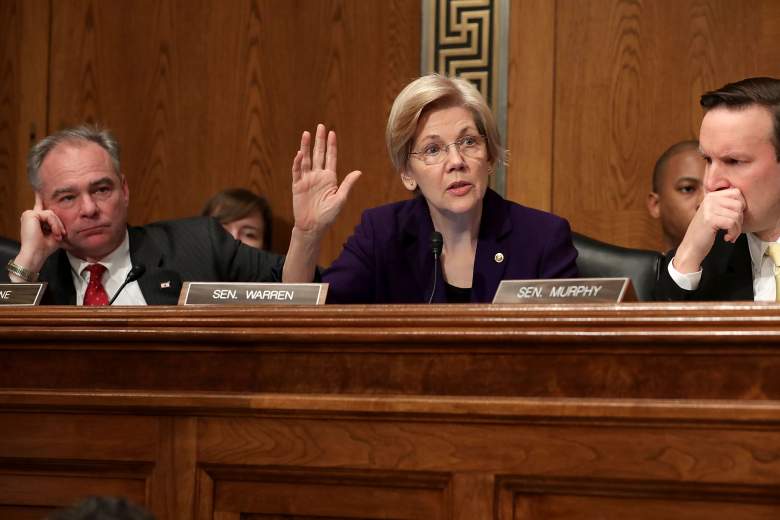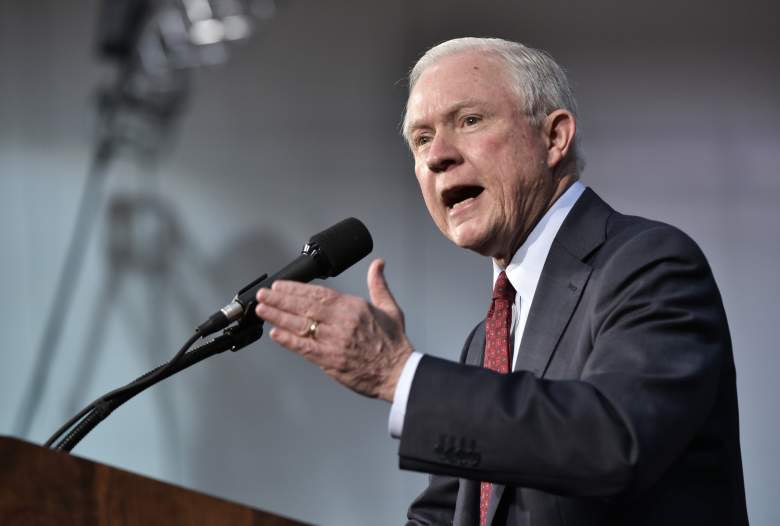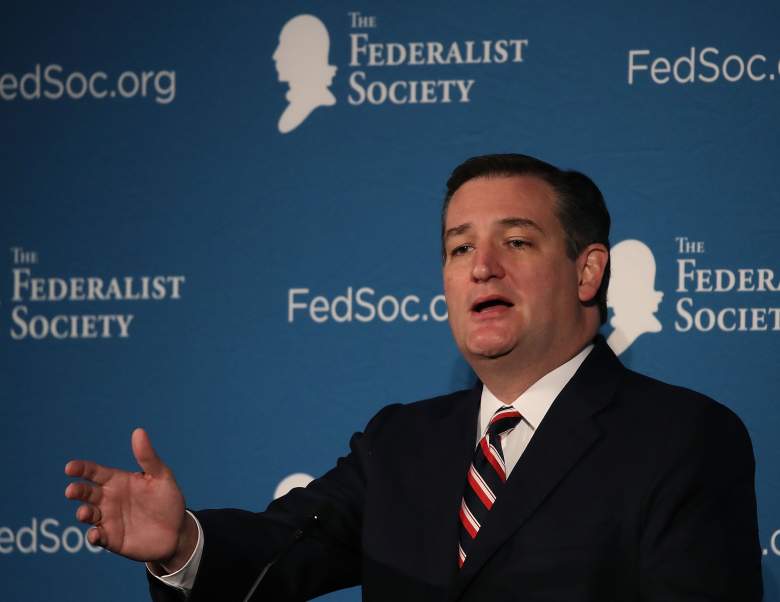Republicans on Tuesday voted to rebuke Elizabeth Warren after she delivered a speech opposing Jeff Sessions on the floor of the Senate.
In doing so, they invoked a relatively obscure Senate rule, Rule 19.
So what is this rule, exactly, and why was it used to shut down Elizabeth Warren? Here’s what you need to know.
1. The Rule States That Senators May Not Impute Another Senator
Rule 19 of the U.S. Senate states, “No Senator in debate shall, directly or indirectly, by any form of words impute to another Senator or to other Senators any conduct or motive unworthy or unbecoming a Senator.”
The rule goes on to state that if any Senator breaks the rules of the Senate, in the opinion of the Presiding Officer, they will be called to order and take their seat.
Senator Majority Leader Mitch McConnell cited this rule when interrupting Elizabeth Warren’s speech, saying, “The senator has impugned the motives and conduct of our colleague from Alabama…I call to senator to order under the provisions of Rule 19.”
2. Warren Was Reading a Letter Written by Coretta Scott King
The decision to invoke Rule 19 against Senator Elizabeth Warren was particularly surprising considering that Warren was reading the words of Coretta Scott King, Martin Luther King’s wife.
Specifically, she was reading a letter written by Coretta Scott King in 1986 opposing Jeff Sessions when he was nominated for a federal judge position. In the section of the letter that caused Mitch McConnell to cite Rule 19, Coretta Scott King states that Jeff Sessions used “the awesome power of his office to chill the free exercise of the vote by black citizens.”
“Mr. President, I am surprised that the words of Coretta Scott King are not suitable for debate in the United States Senate,” Warren said to Mitch McConnell on Tuesday night.
3. The Rule Was Established In the Early 1900s

Senate Health, Education, Labor and Pensions Committee members ask questions during the confirmation hearing for Betsy DeVos. (Getty)
Rule 19 was not a part of the Senate’s initial set of rules. Rather, it was added in the early 20th century as a direct response to a specific incident.
In February 1902, Senator Benjamin Tillman delivered a scathing speech on the floor of the Senate in which he accused a fellow senator, John McLaurin, of changing his position on an issue due to “improper influences,” according to the United States Senate’s history page.
This made McLaurin so angry that he ran down to the Senate floor and engaged in a fist fight with Senator Tillman and, as the U.S. Senate’s website puts it, “[e]fforts to separate the two combatants resulted in misdirected punches landing on other members.”
In the aftermath of this fight, the Senate voted to censure both Tillman and McLaruin, and it was also decided that the rules should be changed as to avoid another situation like this one. Rule 19 sections 2 and 3 were adopted in August 1902.
4. It Is Very Rarely Invoked
Most people aren’t that familiar with Rule 19, as it has very rarely been invoked since it was adopted in 1902.
It has occasionally come up, though. As observed by Bloomberg reporter Greg Giroux, the rule was invoked in 1979 when Senator Lowell Weicker called Senator John Heinz “an idiot” and “devious” during a Senate floor speech. Senator Weicker invoked the rule, and the two were able to work out a truce.
Other than that, Rule 19 hasn’t been talked about too much, and that’s not because senators never impugn one another’s motives. As reported by The Washington Post, Senator Ted Cruz in a 2015 speech flat out called Senator Mitch McConnell a liar.
“What we just saw today was an absolute demonstration that not only what he told every Republican senator, but what he told the press over and over and over again, was a simple lie,” Cruz said. “We know now that when the majority leader looks us in the eyes and makes an explicit commitment, that he is willing to say things that he knows are false. That has consequences for how this body operates.”
The Post noted at the time that “Senators generally refrain from impugning their colleagues on the floor — a practice codified in Senate Rule XIX.”
5. Warren Can No Longer Speak During Floor Debate of Jeff Sessions’ Nomination
The Senate voted on Tuesday evening 49 to 43 to uphold the decision to silence Elizabeth Warren with Rule 19.
This did not simply mean Warren could not finish that particular speech, though; according to The Washington Post, it means she will no longer be allowed to speak at all during the floor debate on Jeff Sessions’ nomination, which is continuing into Wednesday.
After all, the rule states that “when a Senator shall be called to order he shall take his seat, and may not proceed without leave of the Senate.”
In protest, Elizabeth Warren on Tuesday night continued reading Coretta Scott King’s letter on Facebook live.



